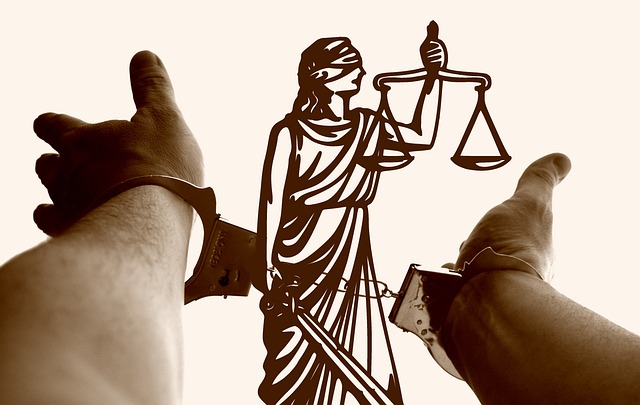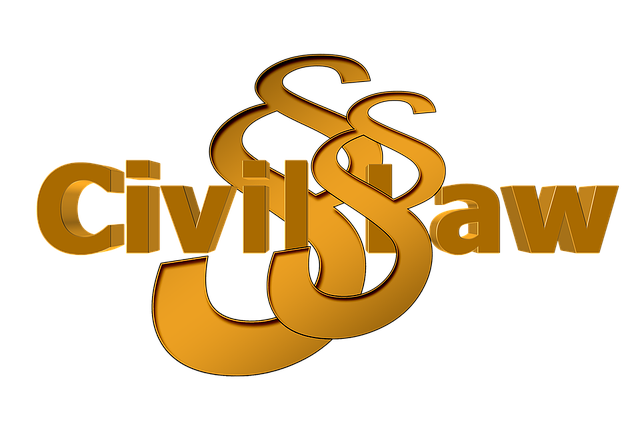Collaborative healthcare partnerships require strategic legal guidance to navigate complex contracts and mitigate risks. Early consultation for agreement crafting, dispute resolution, confidentiality protection, and intellectual property rights is vital. Ethical considerations and specialized legal advice for disagreements ensure compliance, trust, and enhanced patient care outcomes, nationally. Legal Advice for Partnership Disagreements is crucial for proactive, positive work environments within medical practices.
In the intricate landscape of healthcare, legal issues are an ever-present tapestry that requires careful navigation. This comprehensive guide delves into critical aspects shaping the industry’s legal framework, offering valuable insights for medical professionals and organizations. From understanding contractual agreements in partnerships to addressing intellectual property rights, each section provides strategic guidance on navigating complex scenarios. With a focus on partnership disagreements, this article ensures relevant legal advice, highlighting the importance of proactive measures to mitigate risks and foster robust healthcare practices.
- Understanding Contractual Agreements in Healthcare Partnerships
- Navigating Disputes: Resolving Partnership Disagreements Legally
- Legal Implications of Confidentiality Breaches in Medical Practices
- Intellectual Property Rights: Protecting Innovations in Healthcare
- Ethical Considerations: When Law and Medicine Collide
Understanding Contractual Agreements in Healthcare Partnerships

In the healthcare sector, collaborative partnerships between providers, specialists, and facilities are common to ensure comprehensive patient care. However, navigating the complexities of contractual agreements is essential for a harmonious working relationship. These partnerships often involve intricate legal arrangements, requiring meticulous attention to detail to avoid potential disputes. A thorough understanding of contract terms is crucial, especially regarding liability, confidentiality, and dispute resolution clauses, as they can significantly impact all stages of the investigative and enforcement process in high-stakes cases.
Seeking legal advice early on is vital when establishing or renegotiating partnerships. Legal professionals can help craft agreements that align with regulatory requirements while protecting the interests of each party. This proactive approach can prevent costly and time-consuming conflicts, particularly in white-collar and economic crimes cases where misunderstandings or breaches in contractual obligations may lead to severe repercussions.
Navigating Disputes: Resolving Partnership Disagreements Legally

Navigating disputes within healthcare partnerships requires strategic legal guidance to ensure fair and just resolutions. When disagreements arise between partners, seeking professional legal advice is a crucial step. Experienced lawyers can help clarify complex matters, offering insights into potential solutions that align with regulatory frameworks. By understanding their rights and obligations, partnership members can make informed decisions, whether it involves mediating conflicts or resorting to jury trials.
Effective dispute resolution often involves balancing the interests of corporate and individual clients while considering the unique dynamics within philanthropic and political communities. Legal strategies should aim to preserve the integrity of the partnership while addressing the core issues. This meticulous process ensures that the final outcome is not just a resolution but a harmonious path forward for all parties involved.
Legal Implications of Confidentiality Breaches in Medical Practices

In healthcare, maintaining patient confidentiality is paramount. Breaches can have severe legal implications, exposing medical practices to potential lawsuits and regulatory penalties. When sensitive patient information is improperly disclosed, it disrupts the trust between patients and their healthcare providers, which is a cornerstone of any successful practice. Legal advice for partnership disagreements becomes pertinent if a breach results from disputes among practice partners, highlighting the importance of robust internal protocols and clear contractual agreements.
These confidentiality breaches can take various forms, from unauthorized sharing of medical records to data hacks. The impact extends beyond individual patients, affecting the reputation of the respective business and potentially leading to jury trials for negligence. Corporate and individual clients alike have the right to expect their personal health information to be protected. Legal strategies for mitigating these risks involve comprehensive data security measures, employee training, and regular audits, all aimed at ensuring compliance with privacy regulations and minimizing exposure to legal repercussions.
Intellectual Property Rights: Protecting Innovations in Healthcare

In the dynamic landscape of healthcare, intellectual property rights (IPR) play a pivotal role in safeguarding innovations that drive advancements in medical science. These rights enable researchers, pharmaceutical companies, and inventors to protect their groundbreaking discoveries, treatments, and technologies, fostering a culture of innovation. IPR ensures that creators can maintain control over their work, encourage further research, and, ultimately, contribute to improved patient care.
When partnerships form within the healthcare industry, understanding IPR becomes even more critical. Legal advice is essential for navigating partnership disagreements related to intellectual property. Whether addressing licensing disputes or resolving conflicts over proprietary information, having robust IPR protections in place can significantly enhance the chances of achieving extraordinary results. With experience in handling complex cases and a track record of winning challenging defense verdicts, our team provides specialized support for corporate and individual clients seeking to safeguard their innovative healthcare projects.
Ethical Considerations: When Law and Medicine Collide

In the complex intersection of law and medicine, ethical considerations come to the forefront, particularly when addressing healthcare legal issues. As medical professionals and legal experts navigate this delicate terrain, they must ensure patient safety, privacy, and informed consent while adhering to evolving regulations. One such area of concern is partnership disagreements within medical practices, which often require nuanced legal advice to resolve. These conflicts can arise due to differing opinions on treatment strategies, financial matters, or even ethical dilemmas, underscoring the need for clear communication and robust legal guidance.
Seeking legal counsel for partnership disputes in healthcare is crucial for avoiding potential indictment and fostering a harmonious working environment across the country. By addressing these issues proactively, medical partnerships can ensure their respective businesses remain compliant with ethical standards and legal frameworks. This proactive approach not only safeguards against legal repercussions but also promotes trust, transparency, and collaboration among partners, ultimately enhancing patient care and overall practice success.
In navigating healthcare’s complex legal landscape, understanding these various aspects is crucial. From contractual agreements to intellectual property rights, each area demands meticulous attention to ensure fair practices and patient protection. When disputes arise, seeking professional legal advice for partnership disagreements can provide much-needed clarity and guidance. By addressing these issues proactively, healthcare professionals can foster a more harmonious environment, ensuring that ethical considerations and legal compliance go hand in hand.






